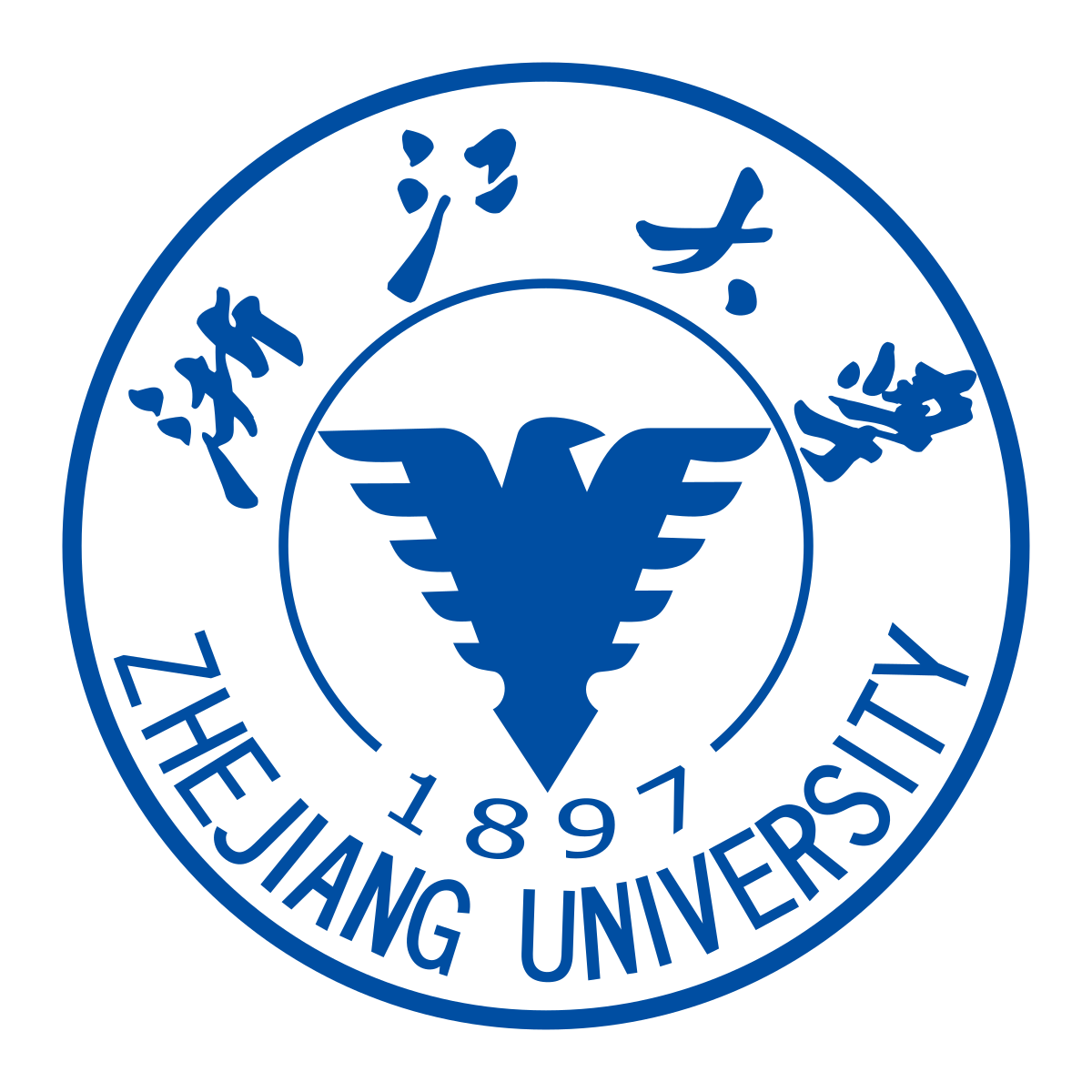Zhejiang University: 2nd Sino-German Forum concludes, green building a key focus
This year marks the 50th anniversary of the China-Germany diplomatic ties. As one of the important events in the Sustainability Action Plan: A Global ZJU for Social Good, also called “Z4G” for short, the 2nd Sino-German Sustainable Development Forum was successfully held online on June 10.
Themed on “Empower SDGs with Green Building”, the forum brought together 30 distinguished scholars from China and Germany. They engaged in in-depth discussions on low-carbon concrete structures, building design and construction in climate change, low-carbon construction materials, and cooperation between industry and academia. Their sparkling ideas were conducive to finding solutions for carbon neutrality.
Ms. Ruth Schimanowski, chief representative of DAAD (German Academic Exchange Service), Prof. HE Lianzhen, vice president of Zhejiang University, and Prof. Ute Habel, vice-rector of RWTH Aachen University, delivered opening remarks. Prof. Thomas Auer from the Department of Architecture at Technical University of Munich delivered a keynote speech on cutting-edge concepts and technologies concerning building decarbonization. The opening ceremony was moderated by Prof. ZHUANG Wei from the Zhejiang University School of International Studies.
“The DAAD supports the Agenda 2030 and its national implementation within the German Sustainable Development Strategy,” said Ms. Schimanowski in the opening remarks. She introduced the program launched by the DAAD last year, which funds eight interdisciplinary “Global Centers” to tackle global challenges. “I am sure they can serve as a blueprint when further deepening the cooperation between Germany and China,” she added.
Prof. He pointed out in her welcoming remarks that higher education institutions and related stakeholders have a crucial role to play in promoting sustainable development. “As a traditional component of global engagement, we hope that today’s forum will contribute to a more inclusive, sustainable and resilient future, thus mobilizing broad support for the UN’s 2030 agenda,” she said.
Prof. Habel stressed that more efforts need to be made to leave a livable environment for future generations. Scientists have dual obligations to provide decision-makers with arguments to improve construction policy and to further innovations to open up perspectives and opportunities for both business and society. “RWTH appreciates this opportunity to be the co-organizer this year to jointly advance the importance of international cooperation on one of the most pressing issues,” Prof. Habel said.
The opening ceremony were followed by three parallel sessions. Parallel Session I was chaired by Prof. ZHAO Yuxi from the College of Civil Engineering and Architecture at Zhejiang University. Prof. XIAO Jianzhuang (Tongji University), Prof. Thomas Matschei (RWTH Aachen University), Prof. ZHANG Dawei (Zhejiang University), and Dr. Volker Thome (Fraunhofer Institute for Building Physics IBP) contributed their ideas regarding the present and future of low-carbon concrete structures, including the sustainability design of concrete structures concepts and carbon emission reduction strategies.
Parallel Session II was chaired by Associate Professor WU Jindong from the College of Civil Engineering and Architecture at Zhejiang University. Prof. Song Yehao (Tsinghua University), Prof. Harrison Huang (Zhejiang University), Prof. Frank Kemper (RWTH Aachen University), and Prof. YAN Libo (Technical University of Braunschweig / Fraunhofer Institute for Wood Research) shared their research on the applications of different building materials and architecture designs in sustainable buildings.
Parallel Session III was chaired by Associate Professor ZENG Qiang from the College of Civil Engineering and Architecture at Zhejiang University. Prof. SHI Caijun (Hunan University), Assoc. Prof. RUAN Shaoqin (Zhejiang University), Prof. Marzia Traverso (RWTH Aachen University), and Prof. Viktor Mechtcherine (Technical University of Dresden) held in-depth discussions on optimization of low-carbon materials, sources and pathways of low-carbon materials, carbon concrete and its assessment from the ecological perspective and reinforcement in digital fabrication.
What is the overall landscape of China-Germany cooperation in green building? What role should academia and industry play in the development of green building? These questions were addressed in a unique roundtable discussion moderated by Ms. Ruth Schimanowski.
The panelists included Mr. Christian Sommer, CEO & chairman of German Center Shanghai, Mr. ZHANG Shuhao, head of Building Services Engineering at Drees & Sommer Shanghai, Prof. Gunnar Grün, deputy director of the Fraunhofer Institute for Building Physics IBP, Prof. ZHAO Yuxi, Prof. HUANG Mingfeng, and Assoc. Prof. MENG Tao from the College of Civil Engineering and Architecture at Zhejiang University.
According to the panelists, China and Germany should place greater emphasis on reducing the whole life carbon impact of buildings, improve databases on carbon emissions in buildings, and share best practices on relevant industrial standards and regulatory frameworks. In addition, efforts should be made to communicate scientific knowledge of green buildings and shape users’ behavior towards sustainability.
As a new segment of this year’s Forum, representatives from DAAD, the Sino-German Center for Research Promotion, the Alexander von Humboldt Foundation and EURAXESS were invited to promote diverse funding opportunities to enable researchers to better understand the available resources and channels they can harness. This session was hosted by Prof. Kai-Uwe Schröder, rector’s delegate for Collaboration with China, RWTH Aachen University.
This forum was jointly organized by Zhejiang University, RWTH Aachen University, and DAAD China. It was livestreamed through various platforms, with more than 10,000 views at home and abroad.

